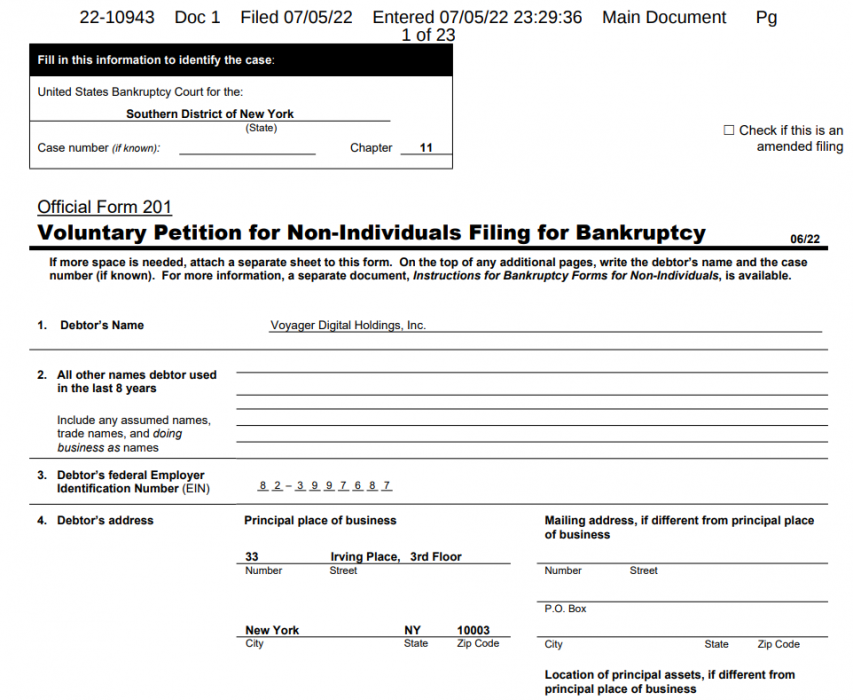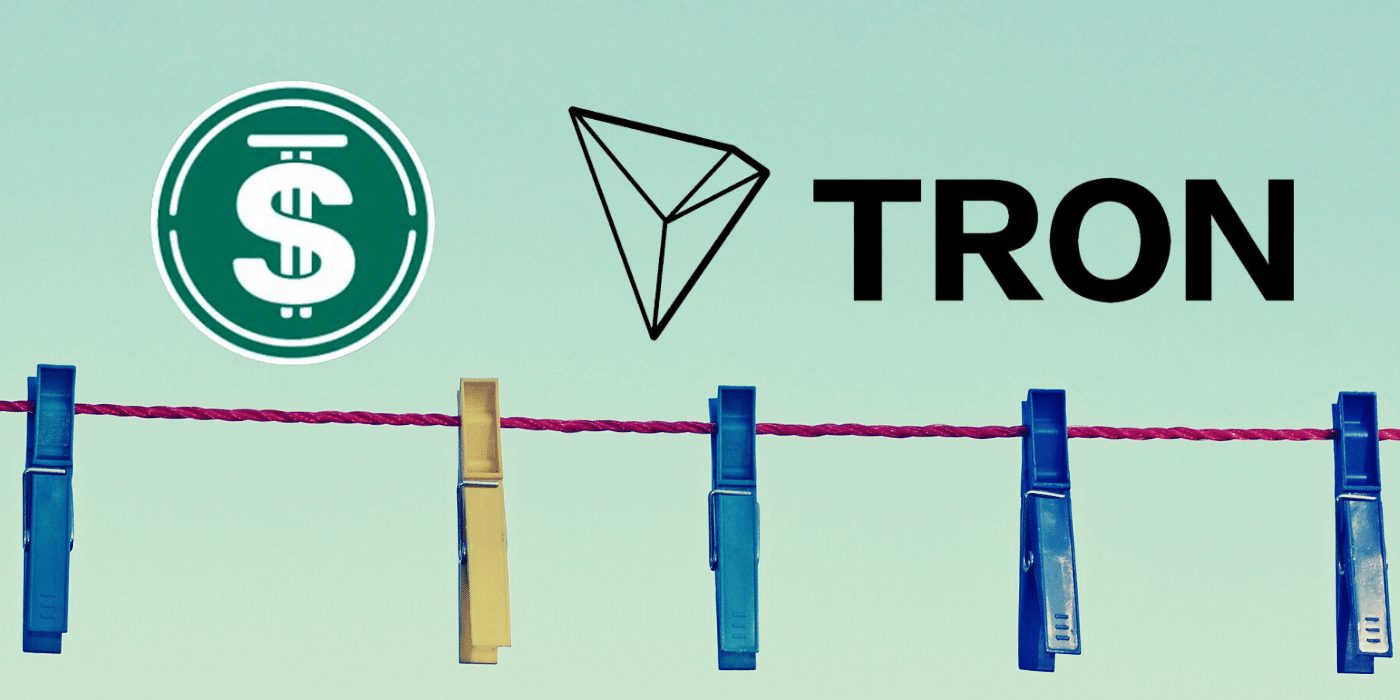As Ethereum prepares itself for ‘The Merge‘, set for September 19, Tether (USDT) and Circle, issuer of the USDC stablecoin, have pledged their full support for the long-awaited transition.
The Merge will see the platform move from an energy-intensive proof-of-work (PoW) consensus mechanism to a more sustainable proof-of-stake (PoS) mechanism that will improve the efficiency of the project and dramatically reduce its environmental impact.
In a statement released on August 9, Tether labelled the transition one of the “most significant moments in blockchain history”, saying:
Tether believes that in order to avoid any disruption to the community, especially when using our tokens in DeFi projects and platforms, it’s important that the transition to PoS is not weaponised to cause confusion and harm within the ecosystem.
Tether statement
Smooth Transition ‘Essential’ for Long-Term DeFi Health
The firm added: “Tether will closely follow the progress and preparations for this event and will support PoS Ethereum in line with the official schedule. We believe that a smooth transition is essential for the long-term health of the DeFi ecosystem and its platforms, including those using our tokens.”
The announcement from Tether came on the same day as its stablecoin competitor USDC, which announced it would only support Ethereum’s highly anticipated upgrade. The issuer of USDC, Circle, views the Merge as an important milestone in the scaling of Ethereum’s ecosystem, saying in its own statement:
USDC has become a core building block for Ethereum DeFi innovation. It has facilitated the adoption of L2 solutions and helped broaden the set of use cases that today rely on Ethereum’s vast suite of capabilities. We understand the responsibility we have for the Ethereum ecosystem and businesses, developers, and end users that depend on USDC, and we intend to do the right thing.
Circle statement
As Support for Ethereum PoW Fork Increases, Buterin Not Too Bothered
The transition to a PoS blockchain means Ethereum will be effectively eliminating its mining for good, opting instead to rely on a trusted network of validators. While the majority of the community is excited about the upcoming event – none more so than Ethereum co-founder Vitalik Buterin – miners who stand to lose their income are suggesting another potential hard fork will continue the PoW mechanism. Buterin scoffs that proponents of a PoW “want to make a quick buck” and that it is “unlikely to succeed”.
Binance, the world’s largest cryptocurrency exchange by volume, has said it would not rule out support for the controversial fork, saying that while it shares the excitement for the Merge, it would also possibly support the “merge resistors” who plan to continue the use of the PoW mechanism.







